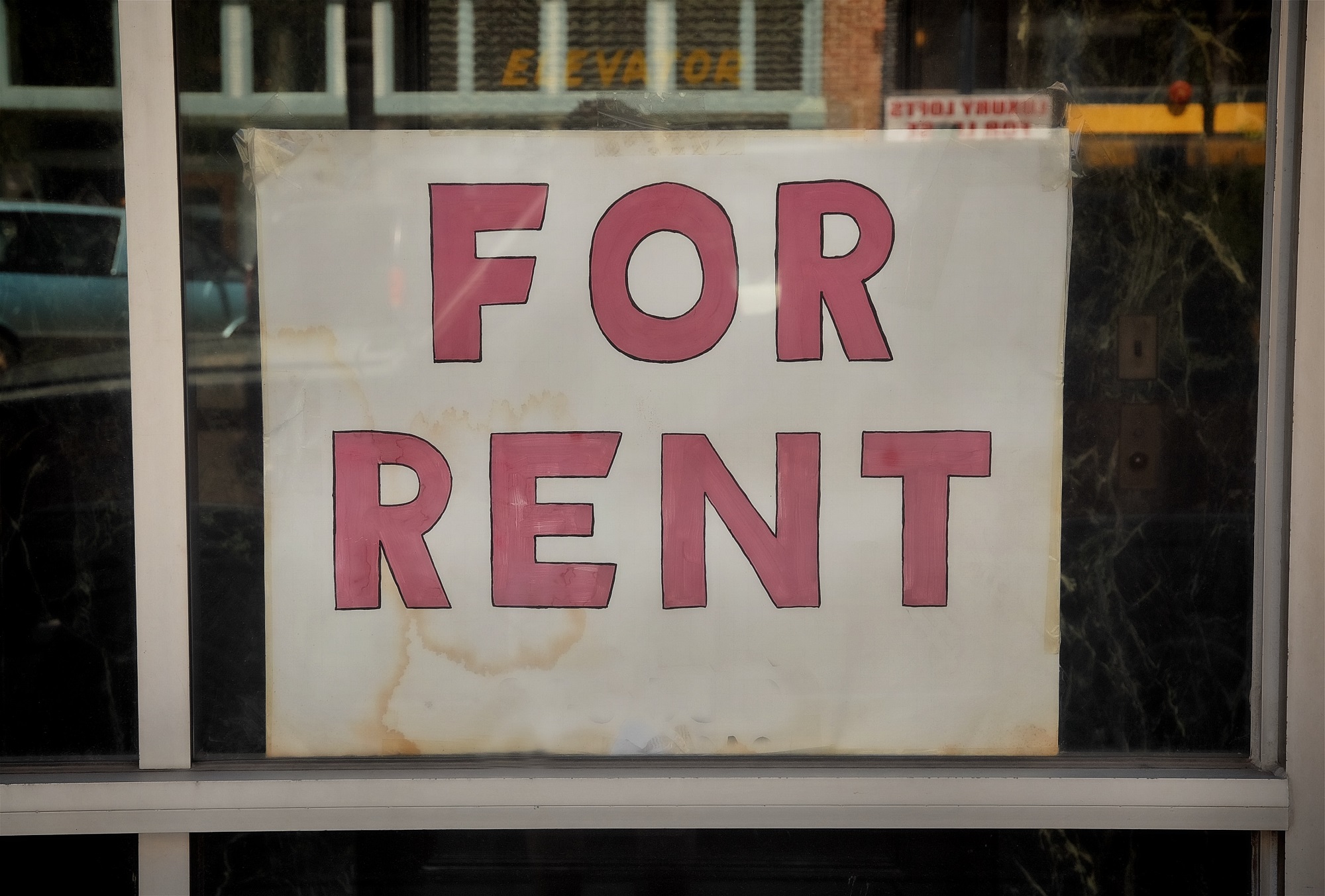How Landlords Can Boost Rental Income by 21%?

Landlords have seen margins whittle away over the last few years due to changing tax allowances and increasing regulation - but they may be able to bump their income up by as much as 21%!
The holiday let market, offering short-term rentals, could significantly boost income, given the premium achievable over regular residential rental properties.
However, the difficulty is that holiday lets also come with rigorous rules and compliance requirements that can be tricky to navigate.
Why Are Holiday Lets More Profitable Than Long-Term Rentals?
The basics are that holiday lets are usually rented for between a day and a month. Buy to let investors achieve excellent rental premiums compared to the earnings they might expect to make on a similar property offered for longer-term tenancies.
Average rental prices across the two sectors are:
- 1. £943 a month for a standard tenancy.
- 2. £1,137 a month for a holiday rental property
Holiday rentals, therefore, offer an average income in England of 21% higher.
Of course, there are variations between regions. The South West is a popular place for staycation holidays, and in Devon or Cornwall, landlords make a 35% premium on holiday lets.
The East Midlands, North East and West Midlands are also attractive investment locations, with holiday rentals achieving between 24% and 30% higher.
Pros and Cons of Holiday Let Investment
We've mentioned the regulatory climate, and investors must know all the positives and negatives before deciding to switch a residential buy to let into a holiday property.
Advantages include:
- 1. Higher rental yields
- 2. Limited exposure to tenancy difficulties
- 3. Deductible mortgage interest
Since a holiday let is categorised as a business rather than a property investment, owners can deduct the interest payable on their mortgage from profits when submitting tax return declarations.
Disadvantages include:
- 1. Greater risk of vacant periods
- 2. Responsibility for paying bills and utilities
- 3. Higher mortgage interest
Although mortgage interest is tax-deductible for a holiday let landlord, the interest rate is higher, because mortgage lenders associate a greater risk with a holiday let.
Holiday Let Regulations
There are several caveats and rules landlords must comply with. For example, they'll need to offer the property for short-term lets 210 days per year and can't accept one booking for over 31 days.
Switching a property from a residential rental to a holiday let might mean changing the terms of your mortgage agreement or even remortgaging to a different lender, depending on your current provider's policies.
Local authorities also impose varying rules, with some mandating that holiday let landlords apply for a licence or planning permission.
The first step is to review the conditions applicable to HS253 Furnished Holiday Lettings.
Increases in short-term lets have partially been due to Airbnb and other 'rent your home' platforms, but are also down to restricted travel during the pandemic, and now the cost and inconvenience of booking a holiday overseas.
Travellers are less likely to book a hotel given the higher costs, and the guidelines for holiday lets have inevitably become stricter to ensure that everyday landlords letting out their homes in this way follow appropriate rules.
For investors, the advantage is that there is a growing market in UK holiday lets with improved yields than most can expect in a standard residential sector.
Choosing the right location and assessing the possibility of empty periods is essential since returns can and do vary - but holiday hotspots are doubtless the safest bet.
Related Posts
Ask the Expert
Mortgage Brokers




